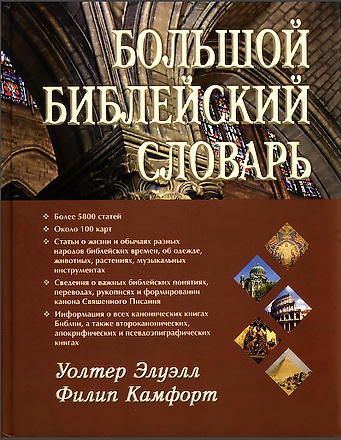
Huttunen - Early Christians Adapting to the Roman Empire
Paul opposed Rome with Christ against Caesar, not because that empire was particularly unjust or oppressive, but because he questioned the normalcy of civilization itself, since civilization has always been imperial, that is, unjust and oppressive.
This is how John Dominic Crossan and Jonathan L. Reed positioned Paul in their In Search of Paul: How Jesus’ Apostle Opposed Rome’s Empire with God’s Kingdom. Several scholars have pronounced views similar to those of Crossan and Reed, not only on Paul but also on the New Testament as a whole. The scholarly situation can easily be grasped by reading, for example, Judy Diehl’s tripartite review on recent anti-imperial readings of the New Testament. Roland Boer puts it illustratively:
The fact that so many books published in the last few years on the New Testament have “empire” somewhere in the title is an indication of a significant shift in scholarship. Four streams have come together to form what is now a wide and full river: older Marxist-inspired studies that have sought the historical conditions of a rebellious movement, liberation-theological approaches to the Bible, more recent postcolonial approaches and the growing sense (not new in itself) that the New Testament cannot be understood without considering its place within the Roman Empire. A significant feature of many of these studies is that they find deeply antiimperial themes in the biblical texts. Or at least one can find, they argue, a consistent anti-imperial theme running through them. Invariably, the comparison is made with our own times, whether it is the imperialism of the United States, or the global ravages of transnational corporations, or the profound difference between the majority of impoverished peoples of the world and the small number of the obscenely rich.
As Boer points out, these studies are often tinged by an impulse for modern applications. This is also the case with Crossan and Reed, who ask: “To what extent can America be Christian? We are now the greatest postindustrial civilization as Rome was then the greatest preindustrial one. That is precisely what makes Paul’s challenge equally forceful for now and as for then, for here as for there, for Senatus Populusque Romanus as for Senatus Populusque Americanus.” Basically, there is nothing wrong in these intentions to present modern applications. It is a problem if a reading pretends to be historical but is actually steered by modern goals. I like to point out the split between “what it meant” and “what it means,” as Krister Stendahl once highlighted.
As far as is hermeneutically possible, scholars should allow the text to communicate its own intentions, even if its message is strange or displeasing—and there is at least one displeasing passage in the New Testament, Romans 13:1-7. Roland Boer aptly states that it is “the stumbling block ... for those who interpret the New Testament as an anti-imperial and anti-colonial collection of texts.” The discomfort of scholars reading this passage is almost tangible. I once again take Crossan and Reed as an example. In their book of 450 pages, they discuss these verses in just two pages. There is good reason to limit this discussion to a minimum. If one wants to write of an apostle opposing the Roman Empire, there is not much to say about Romans 13:1-7. It is another matter, however, for the reader to get an accurate picture of what Paul thought of the Empire without a close look at Romans 13:1-7. This passage is the only one in Paul’s epistles where he intentionally speaks about the state.
Niko Huttunen - Early Christians Adapting to the Roman Empire. Mutual Recognition
(Supplements to Novum Testamentum)
Leiden | Boston : BRILL, 2020. - 291 pp.
ISSN 0167-9732
ISBN 978-90-04-42615-3 (hardback)
ISBN 978-90-04-42824-9 (e-book)
Niko Huttunen - Early Christians Adapting to the Roman Empire. Mutual Recognition - Contents
Preface
1 Introduction: Recognition between Anti- and Pro-imperial Readings
2 Imperial Recognition in the Intellectual Sphere: Christians and Philosophers
1 Almost Philosophers: Pagan Philosophers Recognizing Christians
1.1 Epictetus: Fearless People in Sympathy with Their Words
1.2 Christians and Philosophers at the End of the Second Century
1.3 Conclusions
2 Early Christians Seeking Recognition in Greco-Roman Culture
2.1 Athens andJerusalem—Still Something in Common
2.2 Paul, Philosophy and the Torah
2.3 Mutual Recognition Becomes Mainstream
3 Imagination Made Real: Paul between Political Realism and Eschatological Hope
1 Paul and His Readers
1.1 Paul’s Openness toward Roman Society
1.2 Avoiding Offense: Exegetical Attempts
1.3 The Unease of the Christian Tradition
2 Paul’s Realism and Imagination
2.1 Paul’s Political Realism and the Law of the Stronger
2.2 Coping Strategies and the Ethics of the Stronger
2.3 The Imagination Made Real
4 Brothers in Arms: Soldiers in Early Christianity
1 Soldiers in the Gospels Contextualized
1.1 The Army in Roman Society
1.2 Soldiers in the Gospels
1.3 Conclusions
2 Metaphors, Antimilitarism, and Christian Soldiers
2.1 Military Metaphors
2.2 The Antimilitarism of Christian Intellectuals and the Christian in the Ranks of the Roman Army
2.3 Conclusions
5 Conclusions
Bibliography
Index of Ancient Sources
Index of Modern Authors
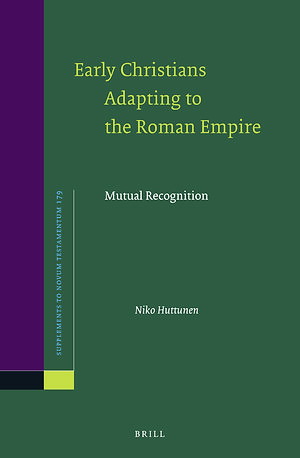
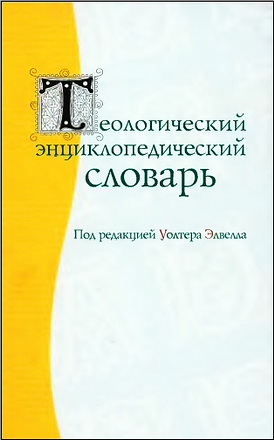
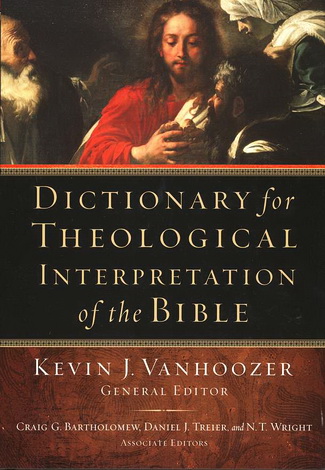
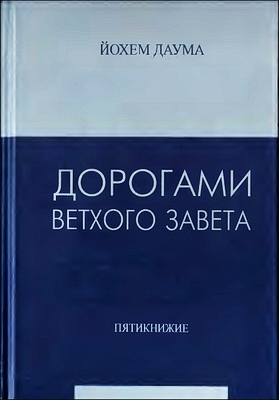
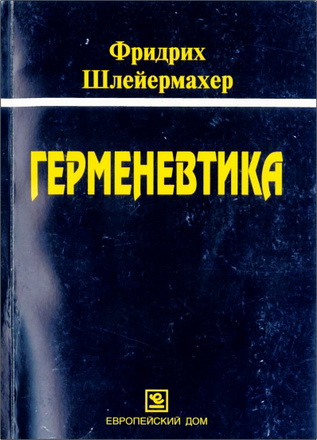
Комментарии (1 комментарий)
Спасибо за хорошую книжку и приклеенную обложку! Так все же приятней...